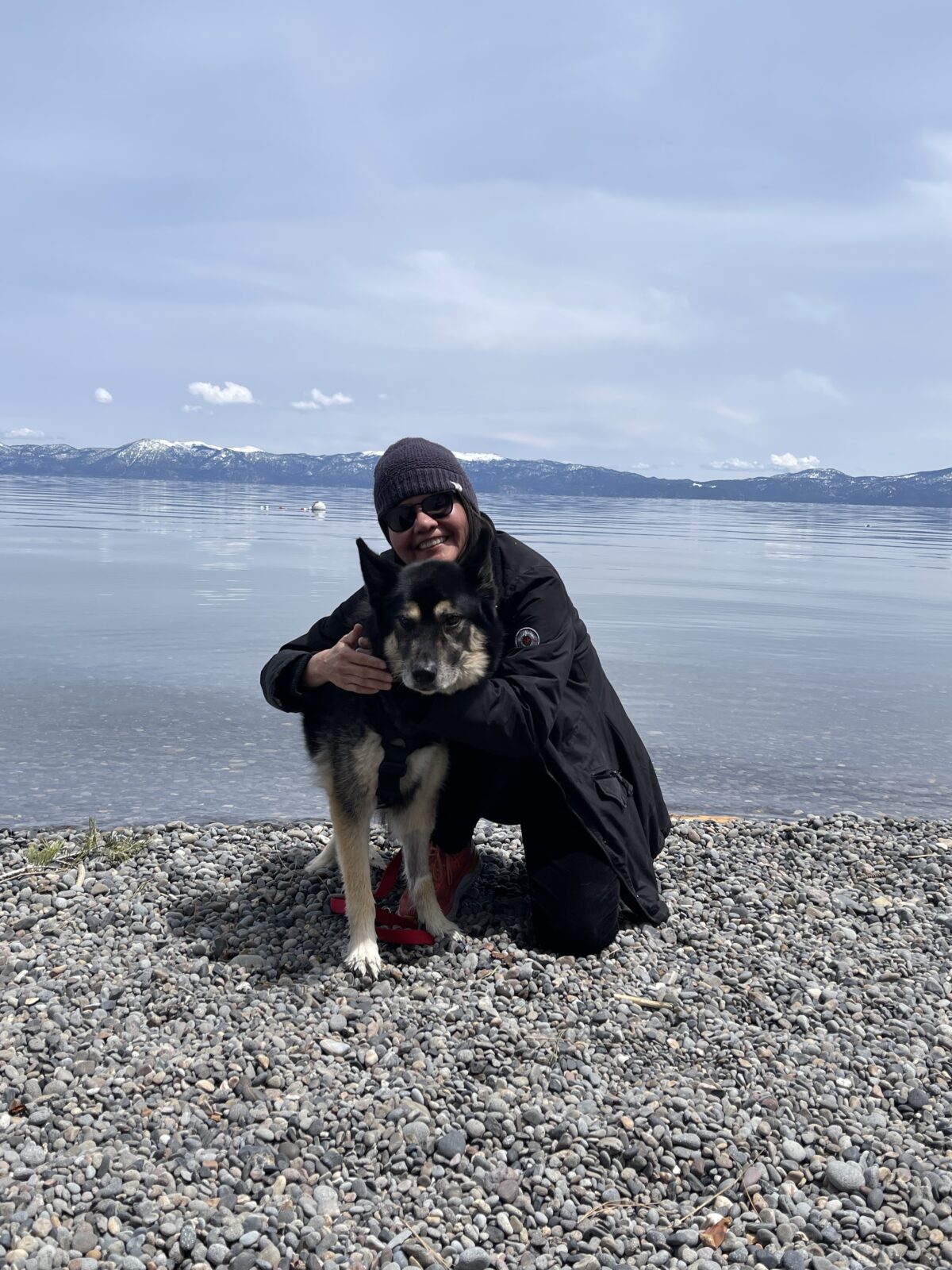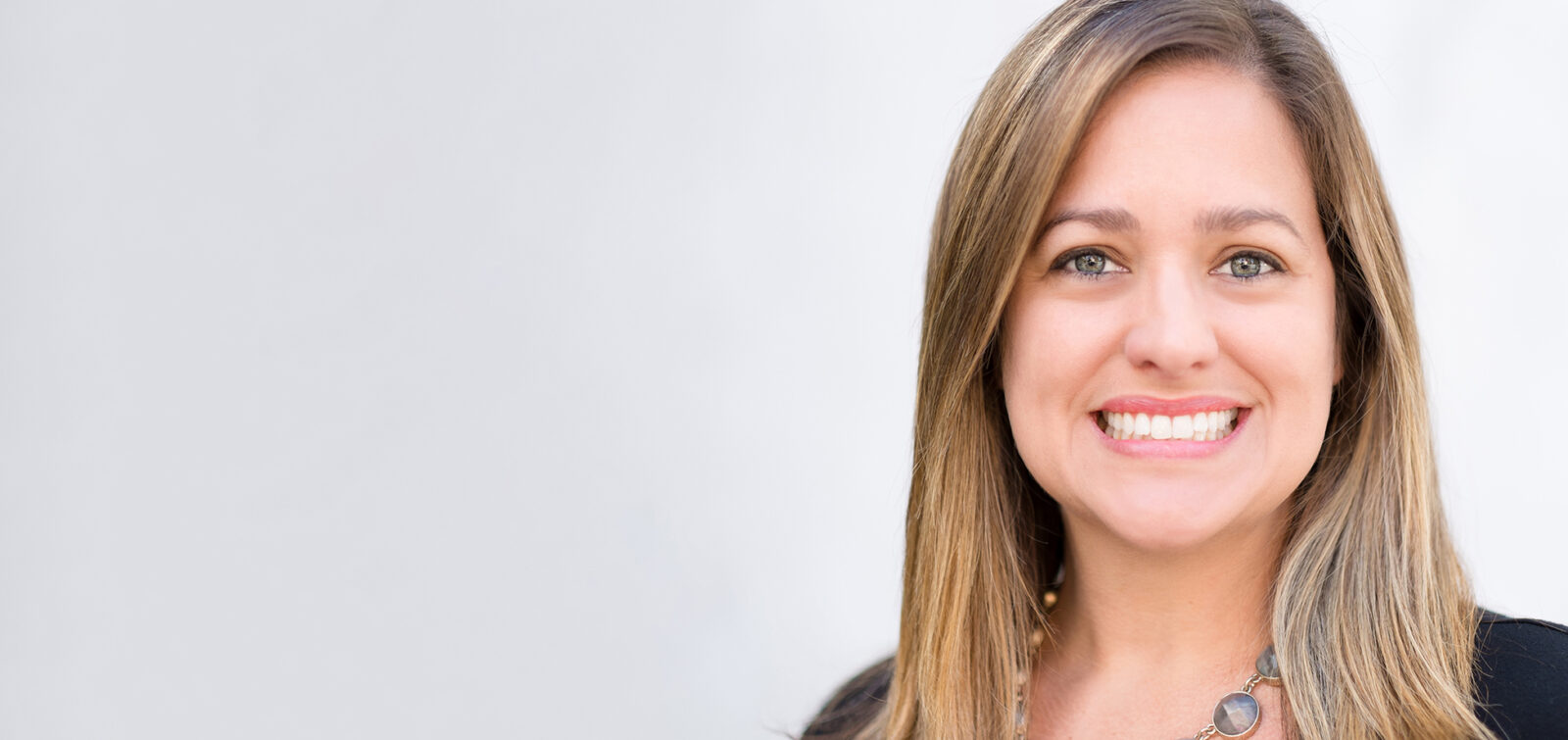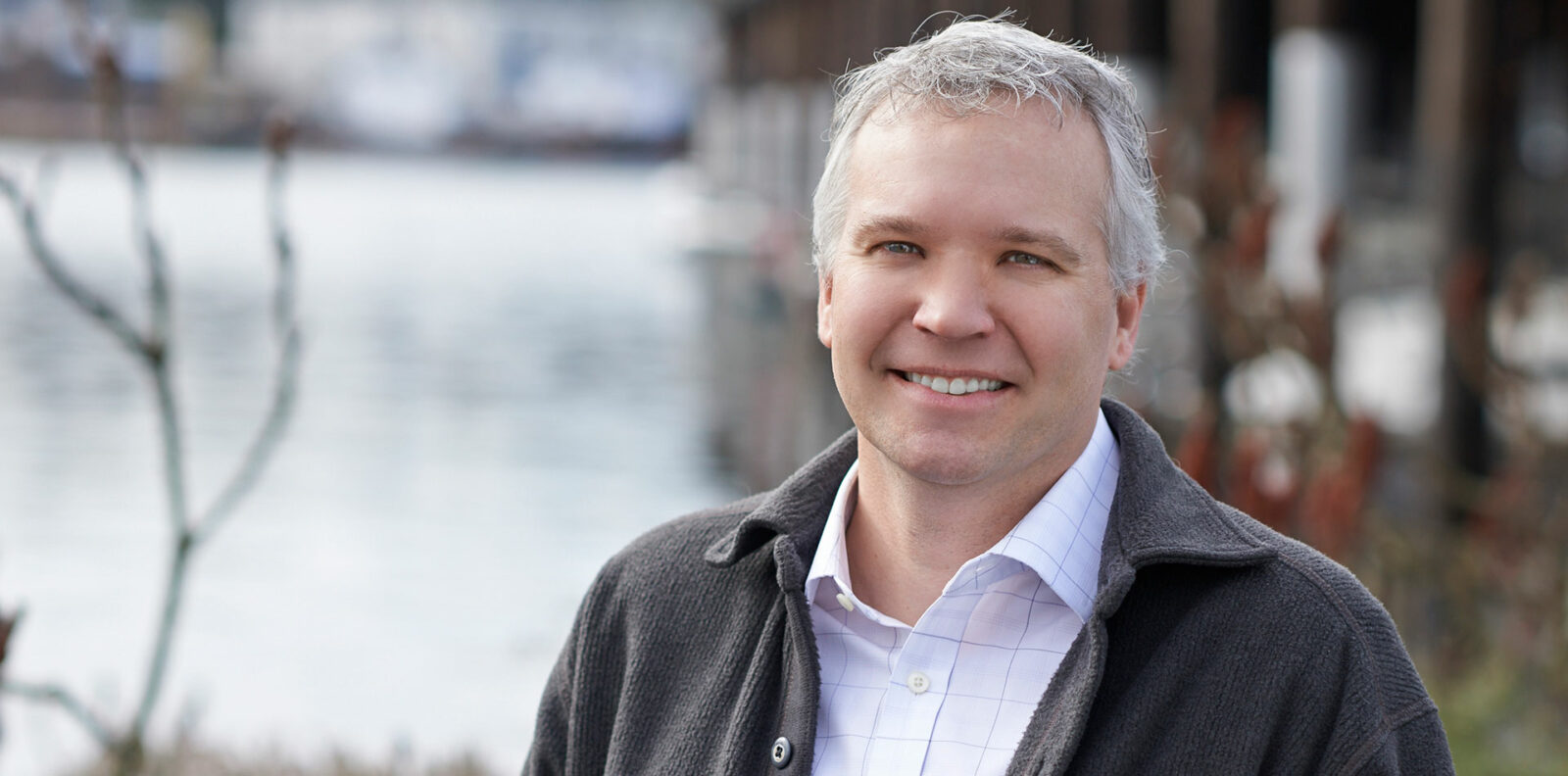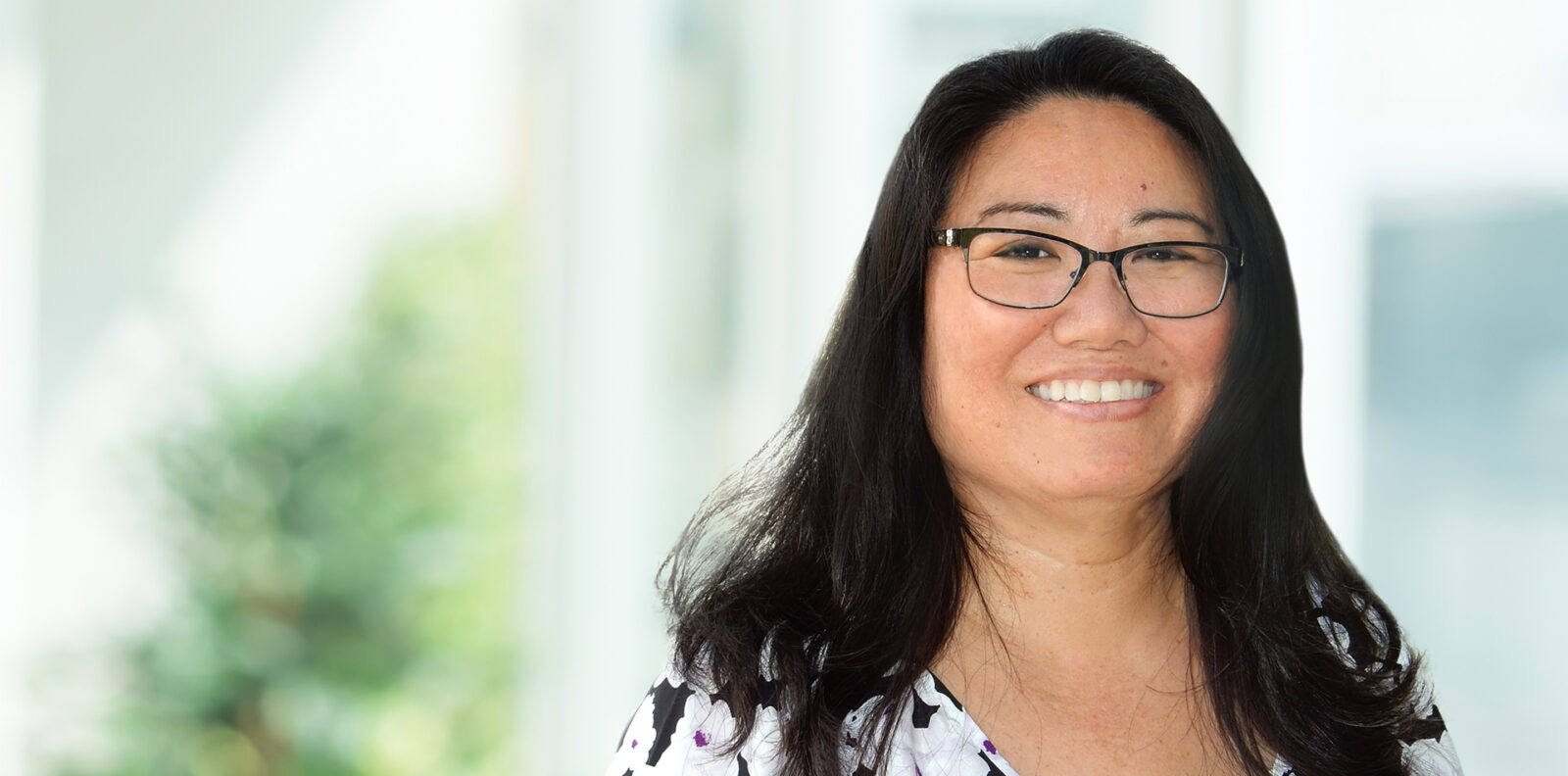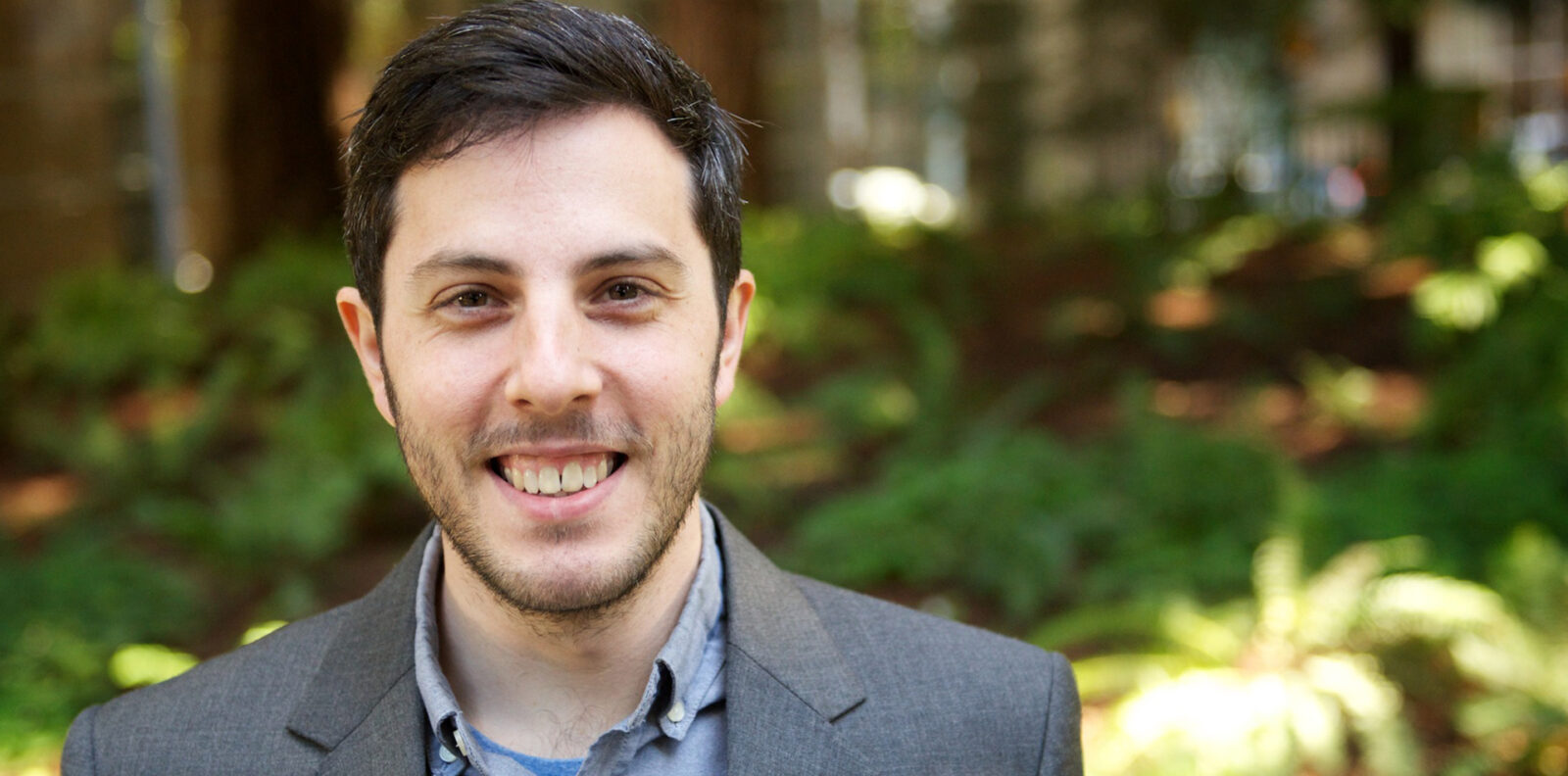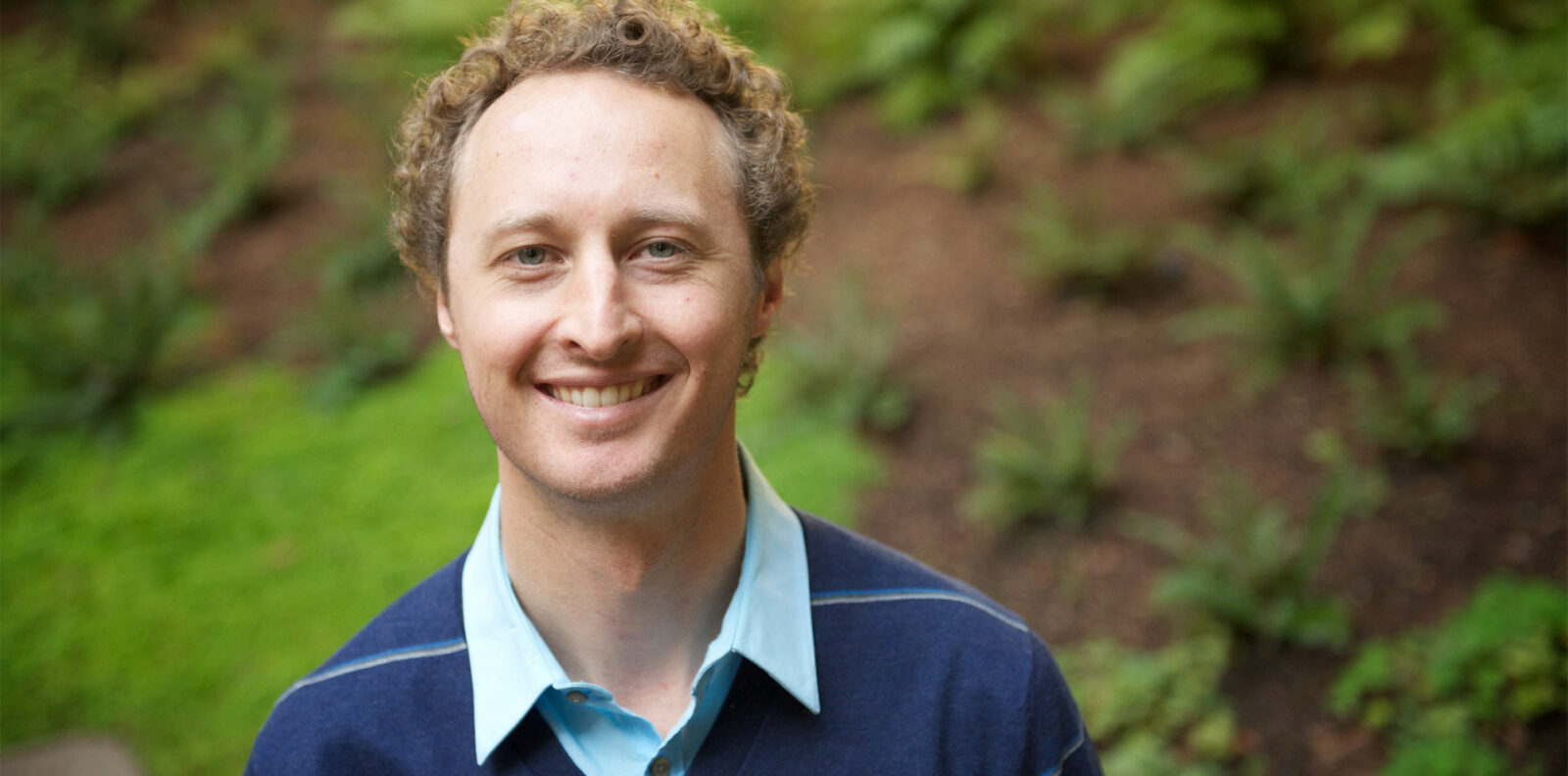Valisa is a Environmental Regulatory Specialist with more than 20 years of experience providing environmental regulatory and compliance services for clients in the power generating industry, having supported them in identifying and interpreting applicable regulatory requirements, determining permitting strategies, preparing environmental permit applications, and interfacing closely with the client and appropriate regulatory agencies.
What do you like most about ESA so far?
Everyone is friendly and welcoming; and employee-owners are quite passionate about the work they do, which is wonderful to see and be a part of.
What is your hidden or special talent(s)?
The ability to stay calm in stressful situations.
What’s your favorite thing to do when you are out of the office?
My favorite things are going for walks and hikes in the local parks, spending time with my wife and our pets, and watching movies in the cinema.
What are three skills that you bring to the ESA team? In other words, what should colleagues know to reach out to you about?
- Familiarity with electric transmission and renewable energy projects
- CEQA and EIR experience
- General project management and planning
Can you tell us about your Indigenous heritage and how it has influenced your career in environmental consulting?
I am a member of the Navajo Nation and grew up on the Navajo Reservation in Shiprock, New Mexico. Respect for the earth was instilled in me as a child through traditional Navajo teachings; for example, the Navajo origin story is centered around the elements of the earth. Growing up on the reservation, I was surrounded by vast landscape and awesome geology, and back in those days, I had the freedom to explore it all. For me, the influence was so strong that I obtained a B.A. and M.S. degrees in Earth Sciences. The Navajo philosophy of Hózhó, which is harmony and balance, also influences my career as the goal of many of the projects we work on in this industry is to restore balance where unavoidable impacts to the environment would occur.
Who or what inspired you to pursue a career in environmental consulting?
What brought me to environmental consulting are the opportunities to work on a variety of project types, with various teams, and regions. Early on in my career I remember hearing about ESA while working at the U.S. Army Corps of Engineers, so I was always curious about ESA and I’m glad to finally be here!
Have you encountered any unique challenges or opportunities related to your heritage in your line of work?
I had multiple opportunities over my career that were related to my heritage. My summer internships during college were with BHP Minerals who operated several mines within the Navajo Reservation and Arizona Public Service who operated an electric utility and power plant on the Navajo Reservation. I got my first job out of graduate school through an interview I had with a recruiter from the Los Alamos National Labs, whom I met at an American Indian Science and Engineering Society (AISES) National conference. In law school, I received a certificate in Indigenous Peoples Law and Policy, one of my favorite classes was Navajo traditional law taught by a Navajo Supreme Court Justice. And one of my first environmental consulting jobs involved a project whose stakeholders included nine Tribes in southern California and Arizona. Although my current career focus is on electric transmission and renewable energy projects, I am always open to and seeking more opportunities to share my voice and experience in projects that involve working with Tribes.
How does your cultural background influence your approach to problem-solving and decision-making in your work?
I try to take a holistic approach and make sure that I’ve analyzed all aspects of a problem before making any final decisions.
Are there any individuals, events, or experiences from your heritage that have shaped your professional journey?
There are a number of things that have shaped my professional journey, but the most important influence for me is the consistent and continued encouragement and support from my family back in New Mexico, including my close relationship with my grandmother. My grandmother unfortunately was a child of the boarding school era where she was not allowed to speak the Navajo language and only allowed to receive education up to the sixth grade, so she was and is still my constant source of encouragement in this world to keep going further.
Environmental consulting often involves working with Indigenous communities. How would you approach building respectful and productive relationships with Native American Tribes and organizations?
The most important, in my opinion, is showing respect for the indigenous views and beliefs and allowing the indigenous community to have a voice. That means coming to a meeting with an open mind and an open heart. Building a relationship founded on trust is a long process, and our fast-paced lives as consultants are often at odds; but a successful relationship requires us to really take the time to listen, ask questions, and show genuine interest and engagement.
